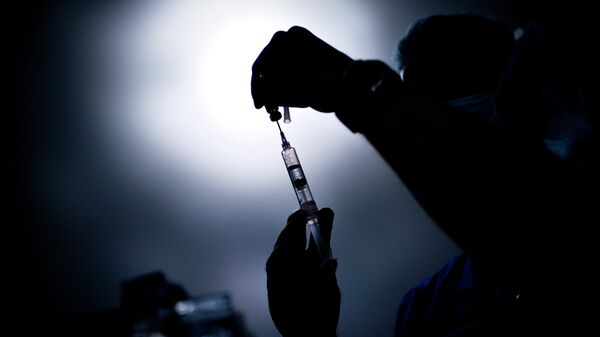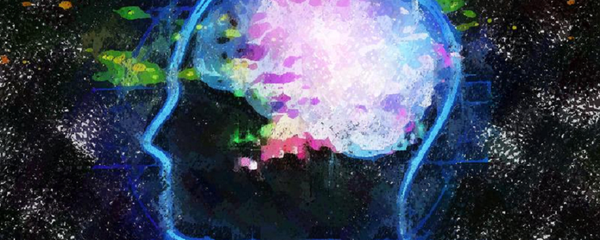"The initial goal is to study the dynamics of neurogenesis and osteogenesis in the lower brain stems and examine the regenerative possibilities in this area which typically controls one's independent breathing and heartbeat," Pastor told Radio Sputnik.
In order to jump-start the brain researchers will carry out therapy sessions using a variety of methods.
"We are combining both — biological tools, including regenerative peptides and stem cells. We are combining certain biophysical tools also, such as a transcranial laser and […] nerve stimulation which are typically used by ICU for other disorders, including patients with persistent vegetative state and coma," Pastor said.
Initially, the experiment was approved for a six-weeks study during which the researchers will analyze various data.
Commenting on the issue of whether it was difficult to receive the approval of the patients' families, Pastor explained that in general it was not a problem, but mentioned that some families could be opposed to the procedure due to religious or other considerations.
"We are dealing with families that for instance may have a religious or other objection to the process of organ donation," Pastor said. "At the end of the day families decide how ethical or not this process is."
According to Pastor, the experiment could open new doors to future medicine and science as it will give the researchers an opportunity "to learn a tremendous amount about sensual nervous system regeneration in humans."
Pastor also cautioned against anticipate groundbreaking results in the very near future, but noted that the findings would help study chronic degenerative diseases such as Alzheimer's, Parkinson's and multiple sclerosis.


